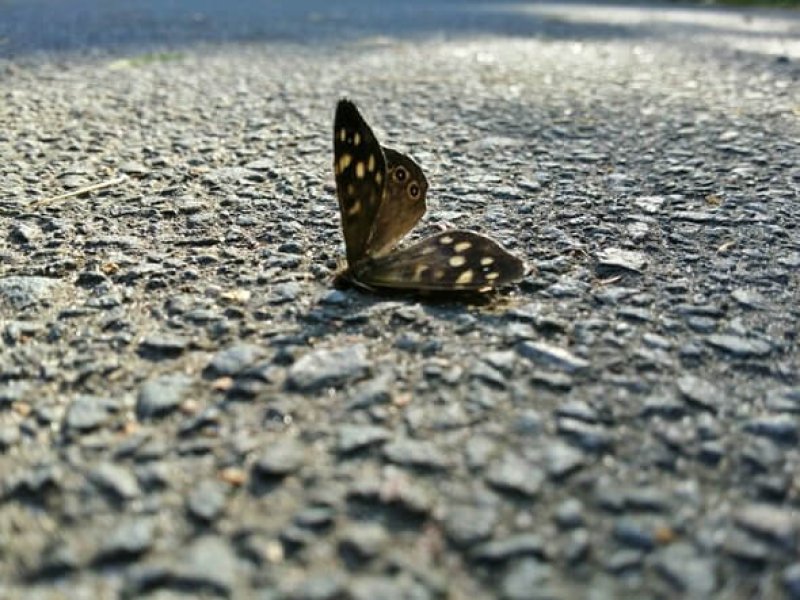In 1828, a teenager named Charles Darwin opened a letter to his cousin with “I am dying by inches, from not having anybody to talk to about insects.” Almost two centuries on, Darwin would probably be thrilled and horrified: People are abuzz about insects, but their discussions are flecked with words such as apocalypse and Armageddon.
…
I spoke with several entomologists about whether these claims are valid, and what I found was complicated. The data on insect declines are too patchy, unrepresentative, and piecemeal to justify some of the more hyperbolic alarms. At the same time, what little information we have tends to point in the same worrying direction. How, then, should we act on that imperfect knowledge?….
….The claim that insects will all be annihilated within the century is absurd. Almost everyone I spoke with says that it’s not even plausible, let alone probable. “Not going to happen,” says Elsa Youngsteadt from North Carolina State University. “They’re the most diverse group of organisms on the planet. Some of them will make it.”
…
Few researchers have kept running tallies on insect populations, aside from a smattering of species that are charismatic (monarch butterflies), commercially important (domesticated honeybees), or medically relevant (some mosquitoes)….The basic business of documenting insect diversity has been comparatively neglected….
Read full, original article: Is the Insect Apocalypse Really Upon Us?































